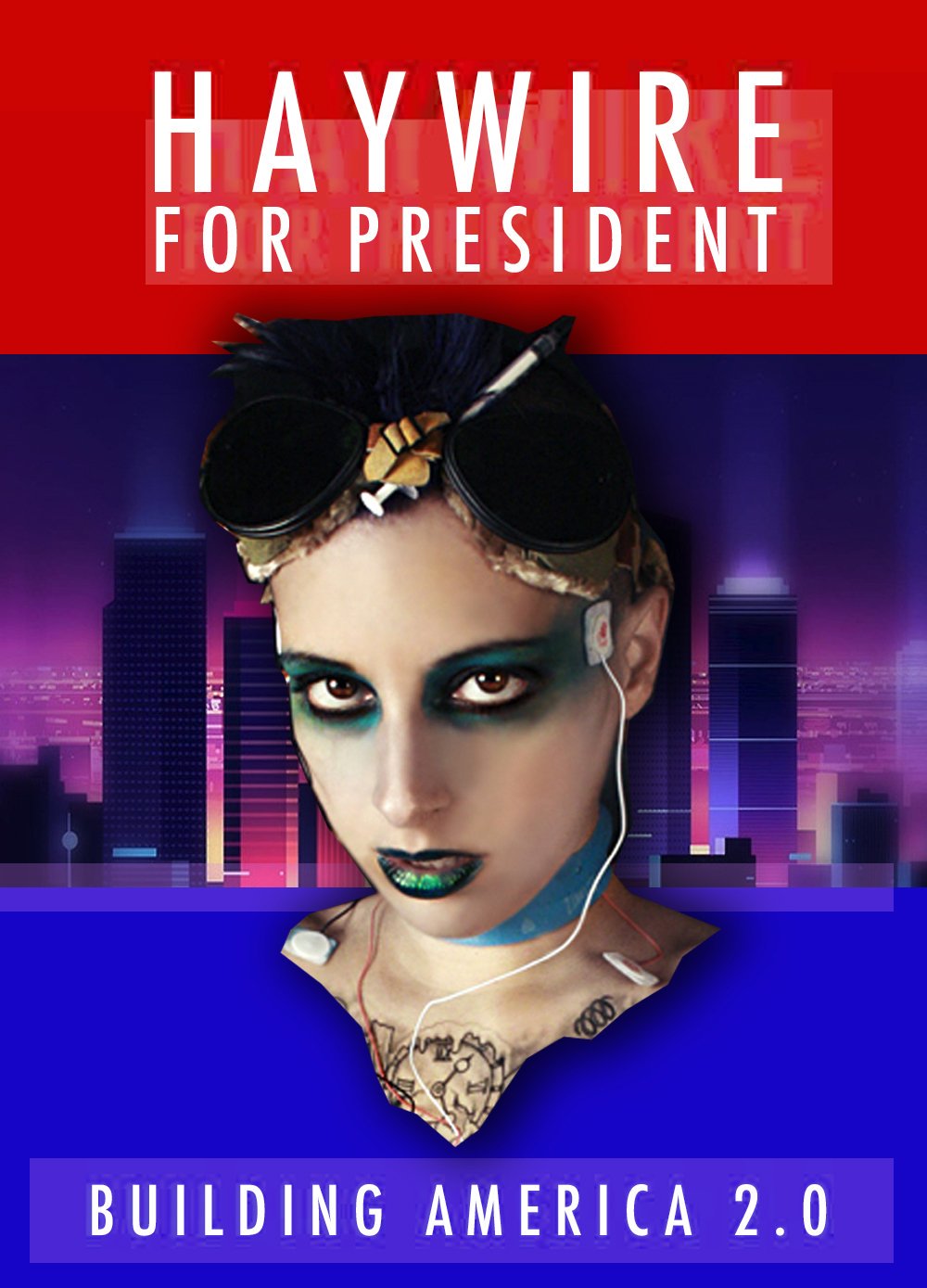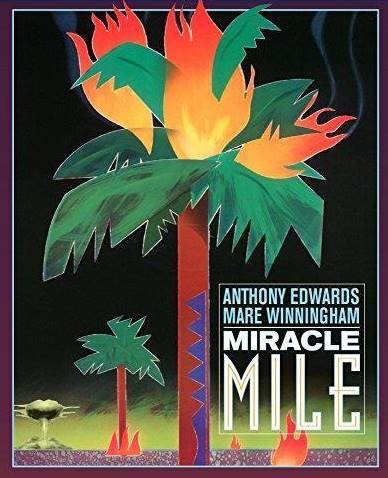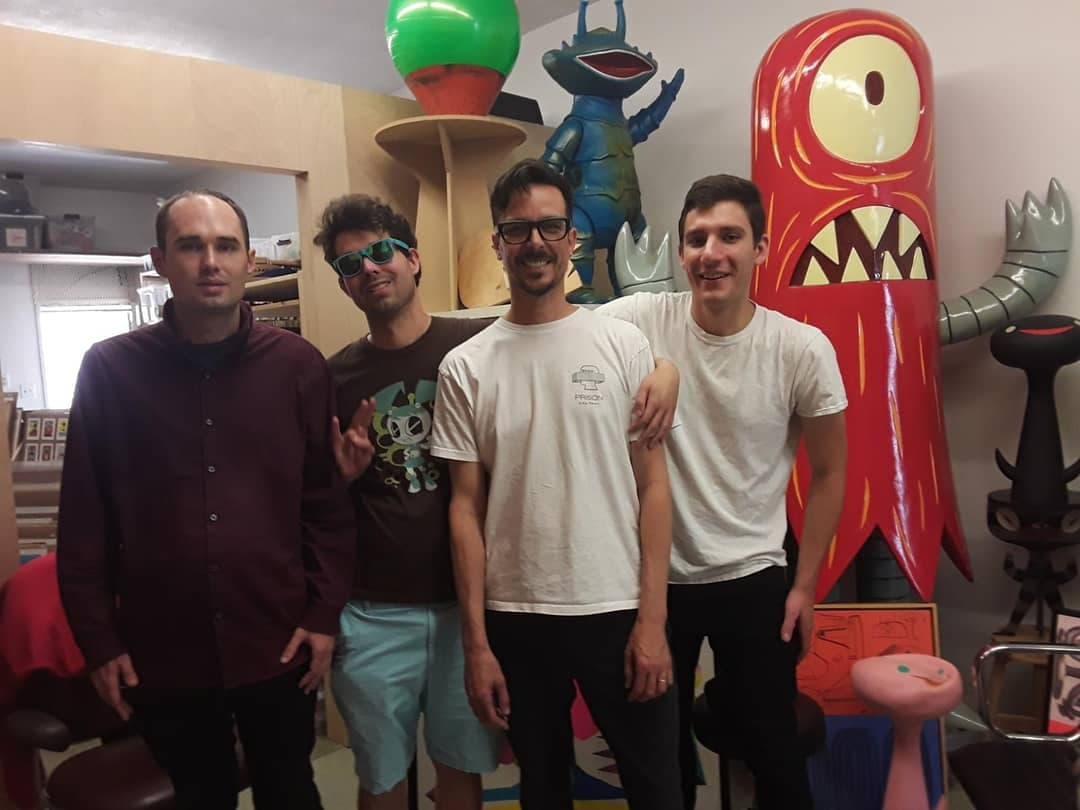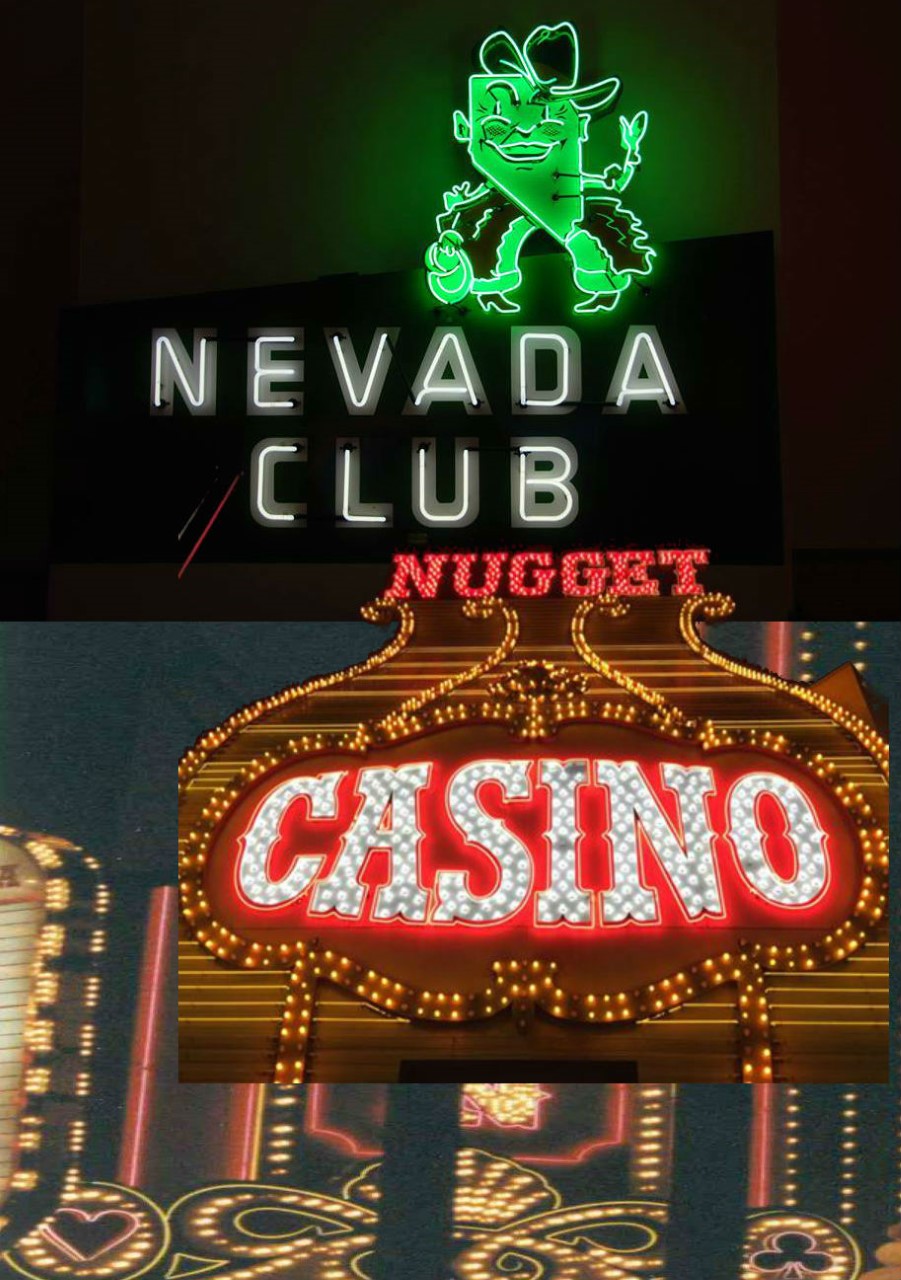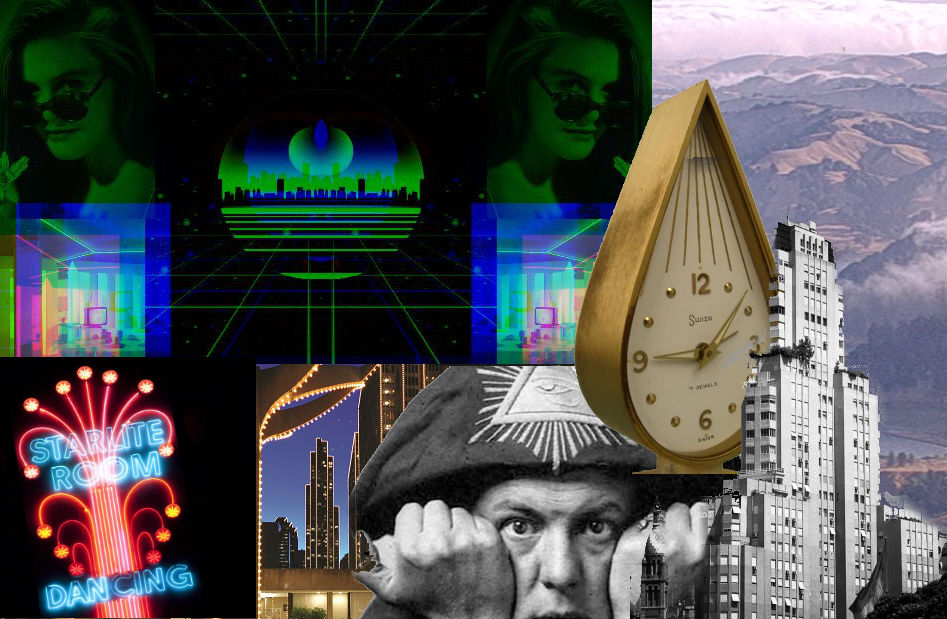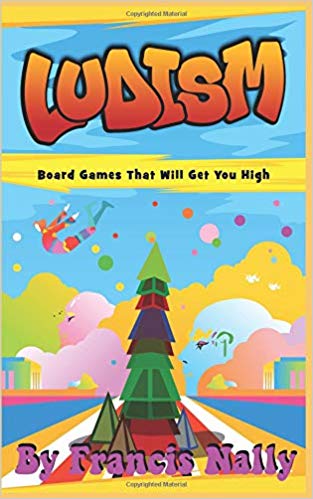Robert Stark and Matthew Pegas talk about their recent trip to San Diego and their observations on cultural and urbanist trends.
Topics:
San Diego’s reputation as a smaller, cleaner, nicer version of LA and its unique attributes
The layout of the city with a centralized downtown near the waterfront surrounded by suburban sprawl
San Diego and Orange County among the largest areas of upper middle class sprawl in the nation
Politics of San Diego as a historically Republican stronghold that has trended Democratic in recent years
Demographics of San Diego and how they relate to overall CA trends
The most stereotypical American City located in CA while the State is culturally drifting apart from the rest of the Country
After decades of suburban sprawl, San Diego eyes big shift to dense development
The historic Gaslamp Quarter which is the one section that feels truly urban
Horton Plaza: Will this PoMo wonderland in San Diego be saved?
Architect Jon Jerde’s inspiration for Horton Plaza from Ray Bradbury’s “The Aesthetic of Lostness” extolling the virtues of getting “safely lost”
Wealthy beach community La Jolla and it’s village layout
The importance of investing in communal places that the public can enjoy, particularly in wealthy areas
Torrey Pines State Natural Reserve
The Victorian Hotel del Coronado
Friendship Park at the US/Mexico Border and political symbolism of the border wall
The Inland Empire
Heavenly Action by Erasure, the soundtrack of the trip with a message that friendship, love, and positivity can conquer anything
Click Here to download!
Checkout Robert Stark’s Facebook page, Twitter, Instagram, Stark Truth TV, and novel Journey to Vapor Island


